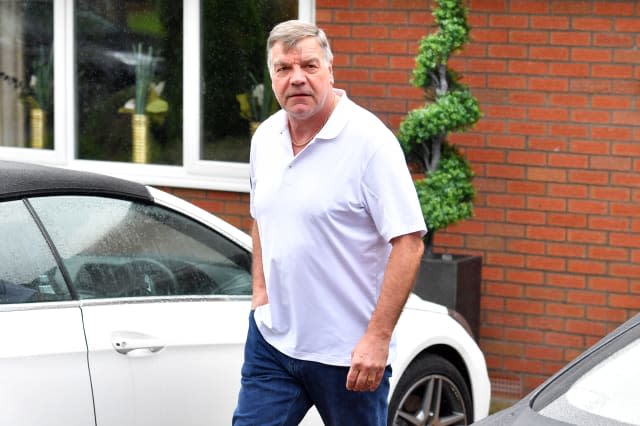Sam Allardyce paid £1 million to quit

Sam Allardyce says he's 'paid the price' after being forced out of his job as England manager following an undercover sting.
However, some might say it's the Football Association that's really paying the price. It's agreed to give Allardyce more than £1 million to resign, after just 67 days in the job.
Allardyce, 61, was being paid £3 million a year, and will just have earned £550,000 on top of that for one game in charge of the national team. He was the best-paid manager in international football.
Despite this, though, he was caught out by undercover Daily Telegraph reporters negotiating a £400,000 set of international speaking engagements and offering advice on how to get around Football Association rules on third-party ownership.
His resignation makes him the shortest-serving England manager of all time.
Allardyce has described the meeting as 'an error of judgement', adding that 'entrapment has won on this occasion'.
But many might say that he's far from being a victim: his payout equates to £15,000 for every day he was in the job.
Julian Eccles, the former marketing and communications director at the Football Association, says that football needs to be more tightly regulated.
"In businesses we have corporate governance codes, compliance units and regulatory teams. Internal and external auditors pore over finances to check their legality and status. In public companies, CEO remuneration is published. Most of the time that works," he writes in the Independent.
"In football we have the rules, but there is very little compliance or transparency."
It's not the first time Allardyce's finances have caused controversy. Back in 2006, he was criticised after it was revealed that three different Bolton signings involved payments from agents to his son Craig.
And just last month he was forced to walk away from a deal with betting firm My Club Betting, for whom he'd been a brand ambassador. He said he hadn't known that the company's managing director, Neil Riches, had previously taken a similar company into liquidation, losing investors up to £4 million.




